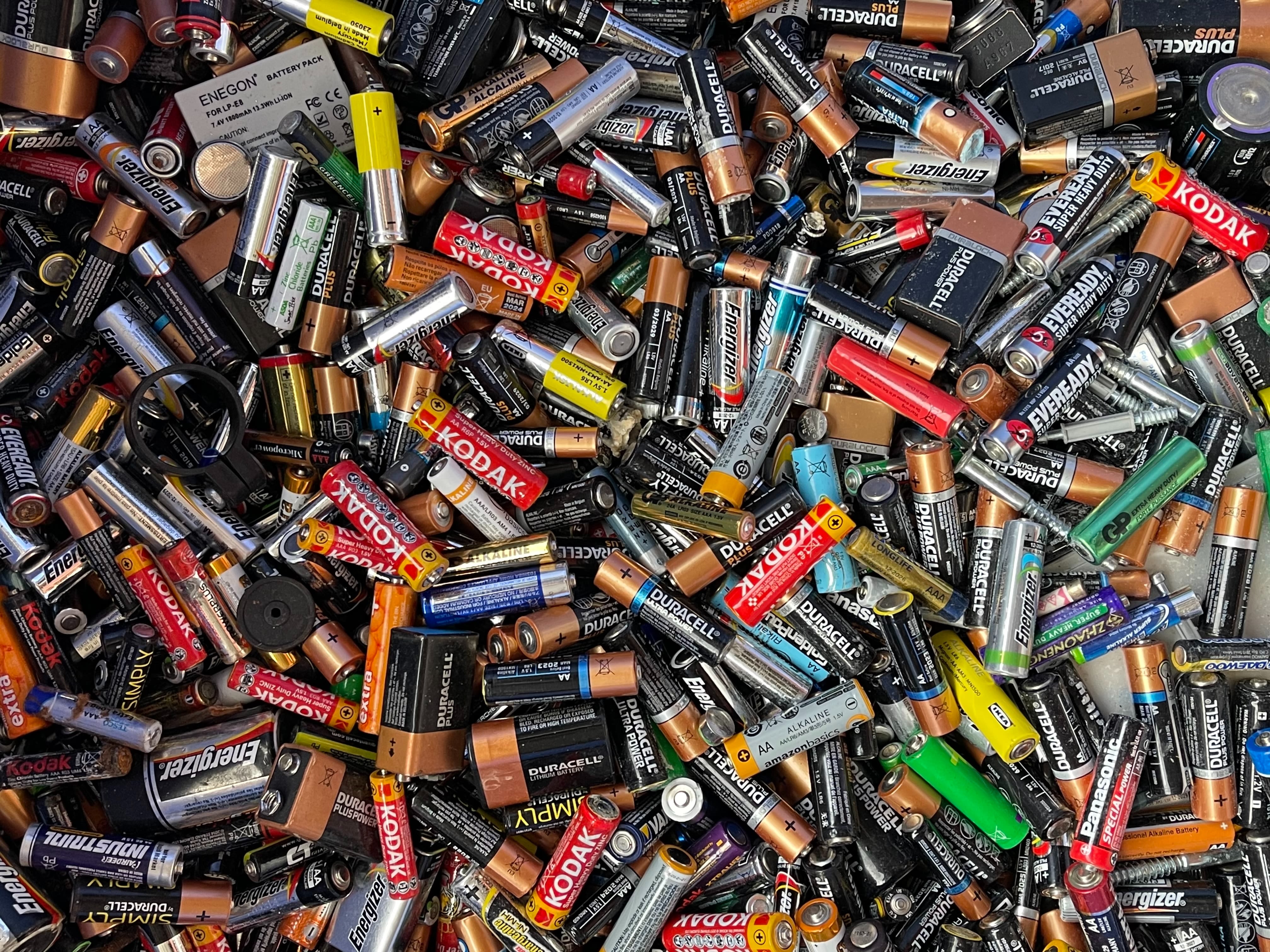LiFETIME wins prize for tackling hidden cost of battery waste

A student-led spinout aiming to rethink how we handle used lithium-ion batteries has been awarded the inaugural Clare Hall Entrepreneurship Prize.
The team behind LiFETIME – Nicolas Spiesshofer (Clare Hall), Robert Petrie, Melissa Watt, Jasper Ward-Berry and Eleni Papafilippou – began the project during the 2023 Team Challenge run by the EPSRC Centre for Doctoral Training in Sensor Technologies. What started as part of a Master’s year course has grown into a serious attempt to tackle one of the thorniest problems in sustainable energy, how to work out which battery cells can still be reused.
“Winning this prize is really special to us and will allow us to continue the project into the next phase of research,” said co-founder Rob Petrie, a PhD student in Earth Sciences. “We have long felt that it is important and viable from a technical standpoint, but this prize has really helped us to also believe that we are capable of carrying the project forward.”
The project focuses on building low-cost, open-source rapid testing technology to diagnose individual battery cells, helping to identify which ones can be safely and effectively reused – which would lead to reduced waste and unnecessary recycling.
LiFETIME has evolved from the 2023 Team Challenge for the Sensor CDT
LiFETIME has evolved from the 2023 Team Challenge for the Sensor CDT
“We are looking at introducing a new metric around battery use: how battery capacity drops over time and use, by recording the current and voltage,” Rob added. “That will give us invaluable data that is not yet known, this will be vital to knowing how best to take the next step – and open doors for others looking to also develop this area.”
Petrie noted that their initial investigations made clear just how unsustainable current end-of-life routes are.
“We did a lot of research into used lithium-ion batteries and found that they are either sent to landfill or recycling centres. Neither of which are sustainable options,” he said.
Most cells are simply dumped at landfill, and the small proportion that reaches recycling is shredded into an energy-hungry ‘black mass’ for material recovery – an inefficient process that relies on high temperatures or harsh chemicals.
He added that tackling this issue is far from straightforward.
“This project has brought home the reality that this is an extremely tough problem to solve scientifically, mathematically, financially and logistically. There is no ‘one size fits all’ measure of batteries and what constitutes a depleted battery.
“There is a vast difference in the levels of useability. And vast differences in the way batteries are constructed (and, hence, deconstructed).”
While their long-term aim is to encourage manufacturers to rethink design for easy disassembly, LiFETIME’s priority is building a robust diagnostic system.
“We are researching these metrics, to draw up data on battery capacity,” Rob explained. “But it’s a time consuming process as fast charging does not produce reliable results and so it has to be done slowly, which very much limits our data/research output.”
Petrie emphasised the team’s global outlook.
He said: “We are particularly focused on lowering costs for lower income countries and ensuring anything we introduce will be a solution for the whole world. we are committed to an open source approach to provide users with sustainable energy solutions, we are genuinely trying to help people with important answers to sustainable energy solutions.”
Securing the Clare Hall prize, he says, is a crucial step. “Winning this prize is really special to us and will allow us to continue the project into the next phase of research."
The Clare Hall prize money will support their next stage of prototype development which involves running a pilot study in Kenya.
“We will find sometime to honour it and celebrate this win as a team. We are at the stage where the prize money will make a really big difference.
“It will allow us to manufacture our prototypes of battery cell cyclers that are easy to disassemble and reuse.”
Samuel McDermott, Sensor CDT Programme Manager, said: "We’re incredibly proud of what the LiFETIME team has accomplished since the Sensor CDT 2023 Team Challenge.
"Their innovative application of low-cost technologies, combined with a strong partnership with collaborators in Kenya, is driving the development of a compelling solution to an increasingly urgent global issue. This prize is a well-deserved recognition of their bold vision and impactful work."
Driven by curiosity. Driving change.
University quick links
UniofCam Microsoft Office 365
CamBridgeSens
CamCORS
CamSIS
Lookup Service
Moodle
Contact us
Department of Chemical Engineering and Biotechnology
Cambridge West
Philippa Fawcett Drive
Cambridge
CB3 0AS
Tel: +44 (0)1223 748999


